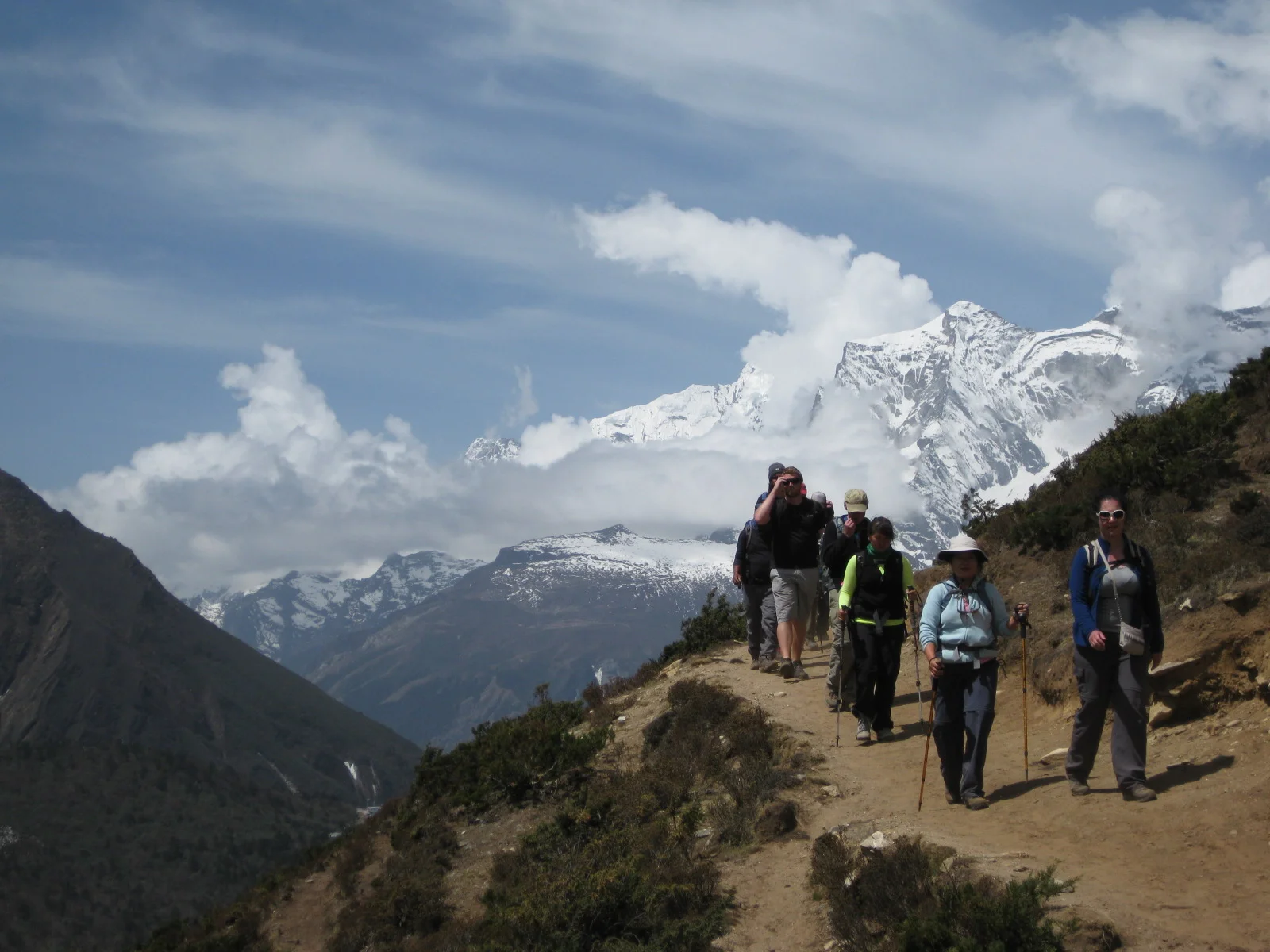Image: FreeDigitalPhotos.net
By Gary Merel
As a nation, we are dangerously unhealthy. According to the National Institute of Health, in the U.S. :
We have one of the highest rates of cancer in the world
Almost 70 percent of men and women over the age of 25 are overweight
17 million Americans have Type II diabetes
Is it any wonder that our country ranks 49th out of 52 first-world countries for life expectancy?
So what's the problem? In this day and age, with so much information and innovation, how come we can’t figure out how to feed ourselves? There are a lot of issues, but one of the big ones is that we’re eating the wrong things. The main point of the Paleo diet is to give our bodies the foods they evolved to eat.
““Our genes have remained virtually unchanged for a very long time. While there is some disagreement on the numbers, humans spent about 2.5 million years eating nothing but meat, vegetables, some fruit, and little else.””
Our genes have remained virtually unchanged for a very long time. While there is some disagreement on the numbers, humans spent about 2.5 million years eating nothing but meat, vegetables, some fruit, and little else. Agriculture took off only about 15,000 years ago. This is when grains and dairy became widely available, although not the grains and dairy we see stocking our supermarkets today. Many people have improved their health through the Paleo diet by avoiding processed and difficult-to-digest foods. By eating healthy food that we have easily digested for millennia, we reduce the stress on our bodies and allow natural health and wellness to grow.
“By eating healthy food that we have easily digested for millennia, we reduce the stress on our bodies and allow natural health and wellness to grow.”
However, while the Paleo diet is a great baseline, we aren't cavemen and women anymore. It’s important to speak with a health practitioner who can adapt dietary lessons from the past to the realities of the present.
Gary Merel, M.S., L.A.C., has a nutritionally-based acupuncture and holistic health practice in Ann Arbor. For more information about his practice go to www.annarborholistichealth.com or www.digestivehealth-annarbor.com.






























































































































































































Coffee traces its heritage back centuries to the ancient coffee forests on the Ethiopian plateau. The story goes that a goatherder named Kaldi noticed that after eating the berries from a certain tree, his goats became so energetic they did not want to sleep at night. Kaldi told the abbot of the local monastery, who made a drink with the berries and found that it kept him alert through the long hours of evening prayer. The abbot shared his discovery with the other monks, and knowledge of the energizing berries began to spread. (Thank you to motifcoffee.com)